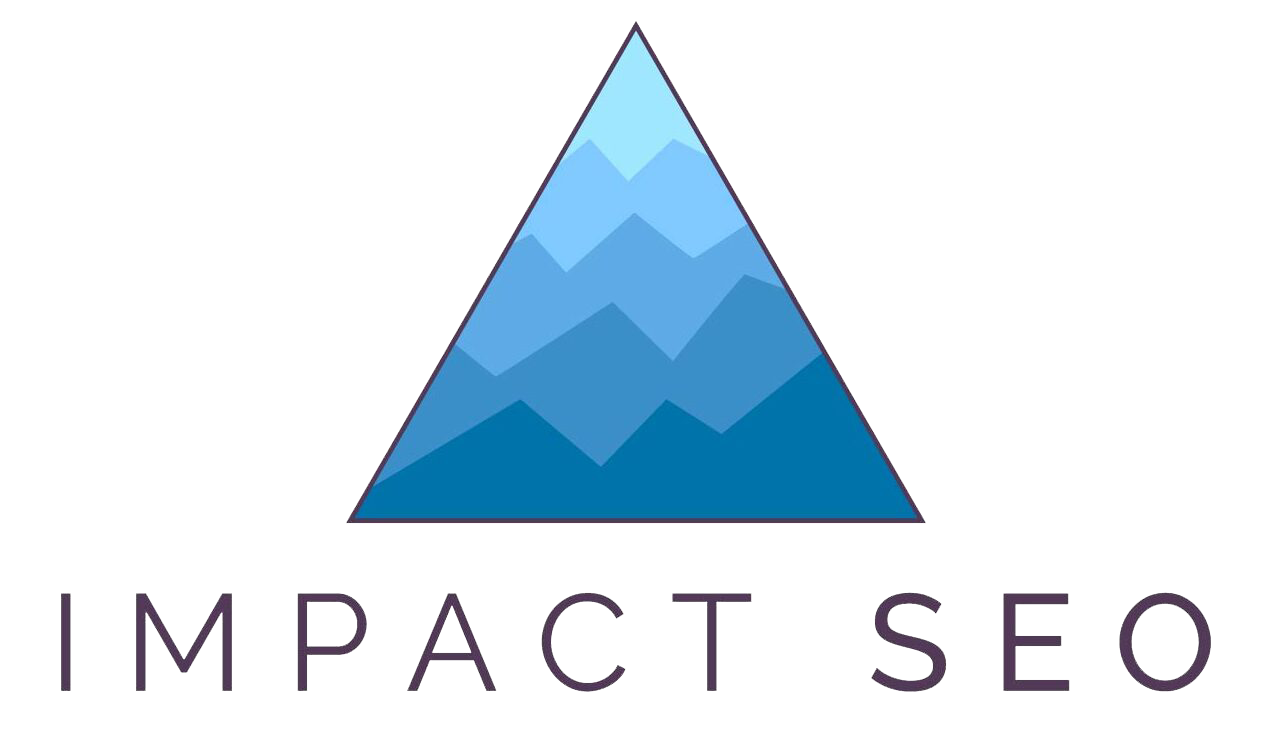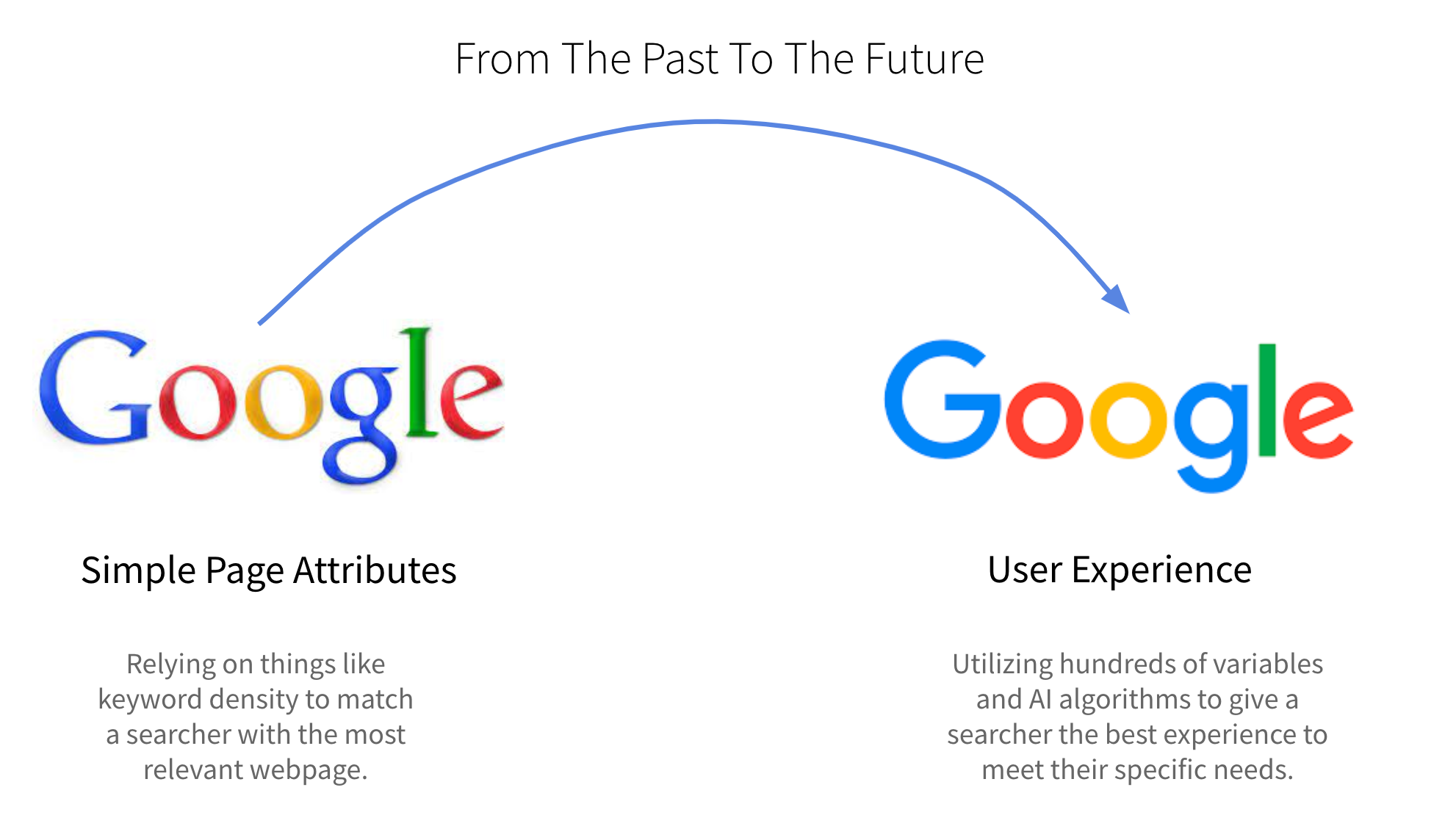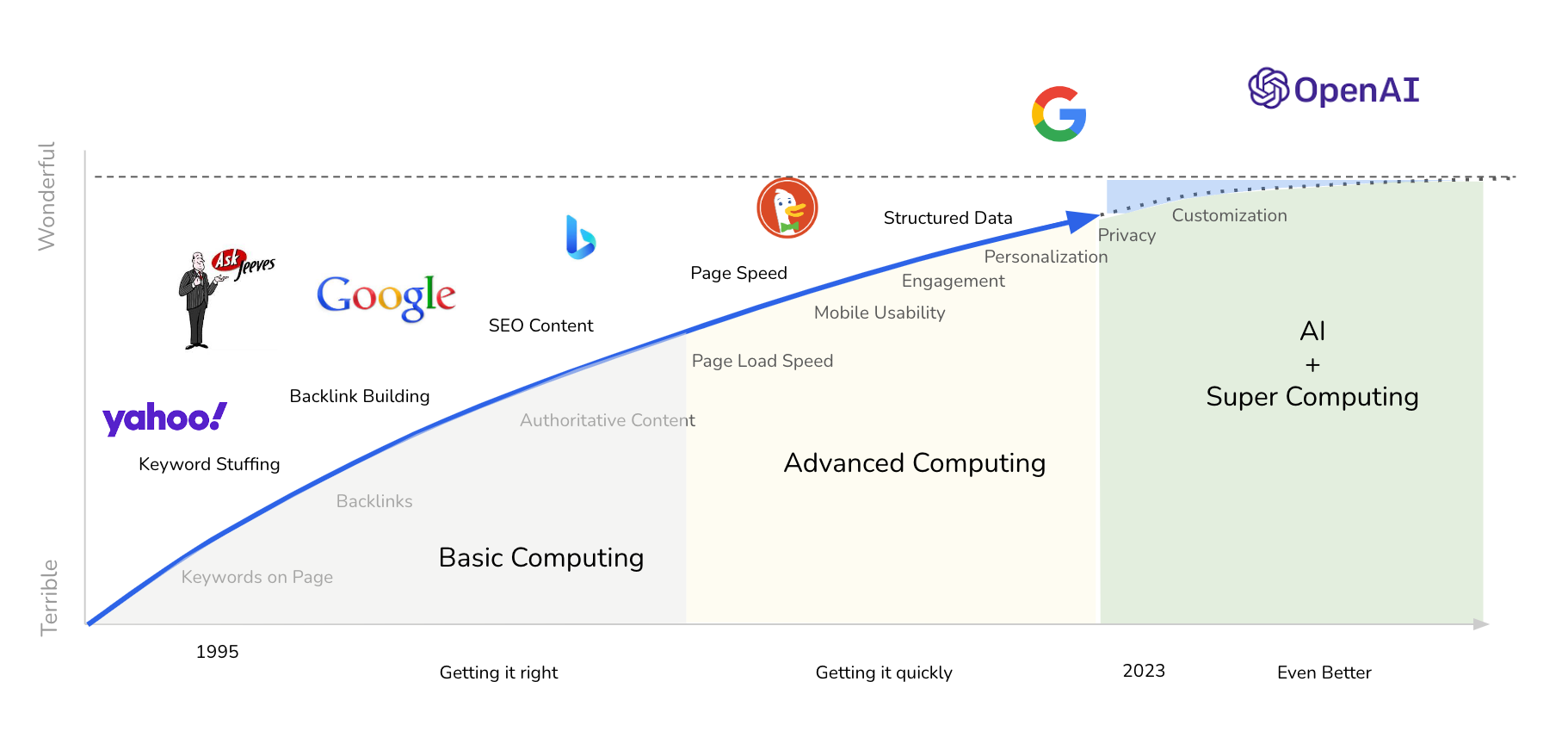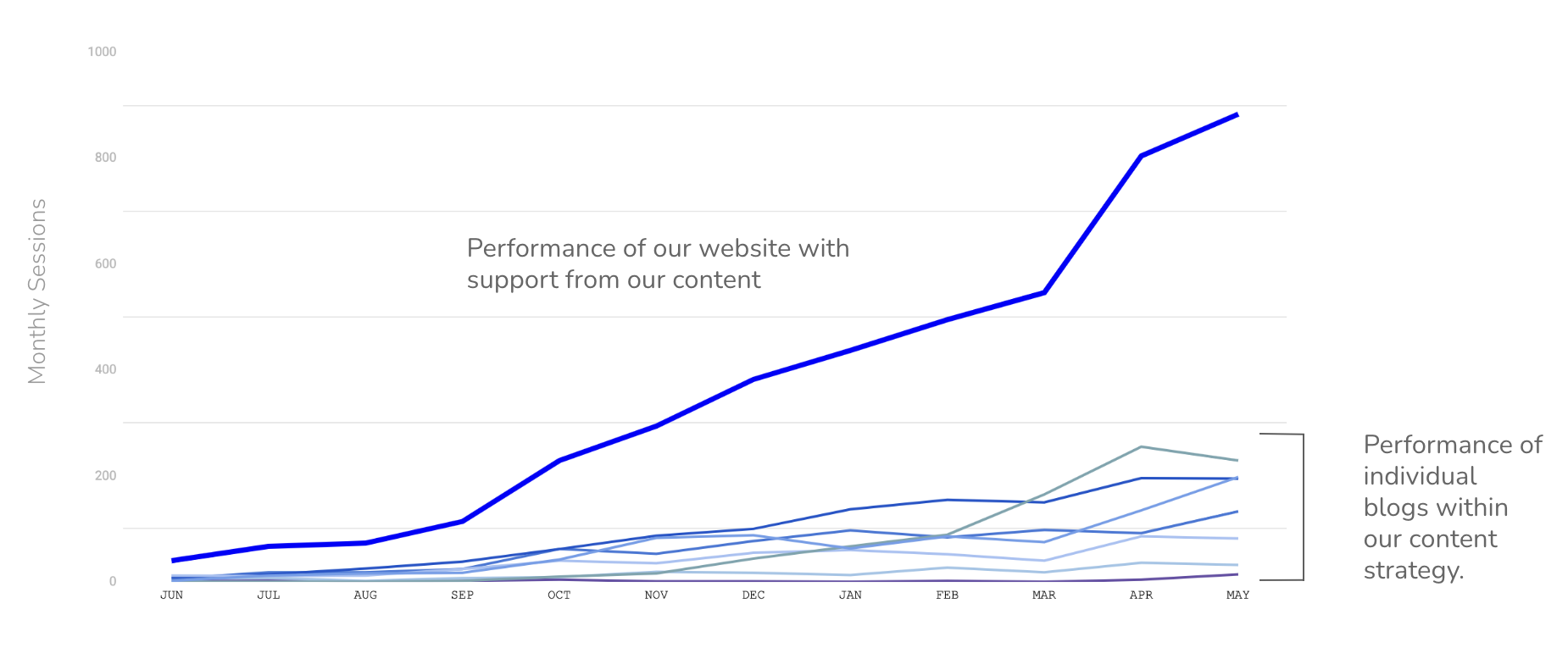One Sentence Summary: For SEO today (2023) we can still gain a competitive advantage by optimizing metadata, but the window is closing.
Key Points:
- There are different types of metadata for different platforms (ie. Google vs Facebook)
- For most content management systems metadata is easy to add to pages
- You can track progress easily with an SEO tool
Why Do We Bother?
If search engines are getting so good, why are we still fooling around with metadata?
There are so many types of media and so many options for how to display it that search engines can get confused. Add on a page with multiple media types and it’s even harder. This will most likely get sorted in the next 3-5 years. Here’s a rough SEO timeline regarding metadata:
Now – web pages with the right metadata have a much better chance of being presented properly on the search engine results page. Taking care of this can result in a considerable competitive advantage.
In the next 5 years – search engines will be more advanced and will have to rely less on metadata, but will still look to it in certain instances. It will be less of a competitive advantage to have the right metadata on each webpage.
In the next 10 years – nobody really knows… Search engines as we now know them may not even exist, as we could be interacting with AI like ChatGBT. However, metadata may still play a role in helping whatever tool we use to search the web.
Regardless of where we’ll be in the next 5-10 years, between now and then there’s plenty of opportunity to outrank our competitors simply by minding our metadata.
The Result: Rich Snippets
If we help search engines understand how our content is structured, it enables our content to appear as rich snippets in the results. Right now, this is most common with ecommerce, local businesses, news articles, videos and recipes.
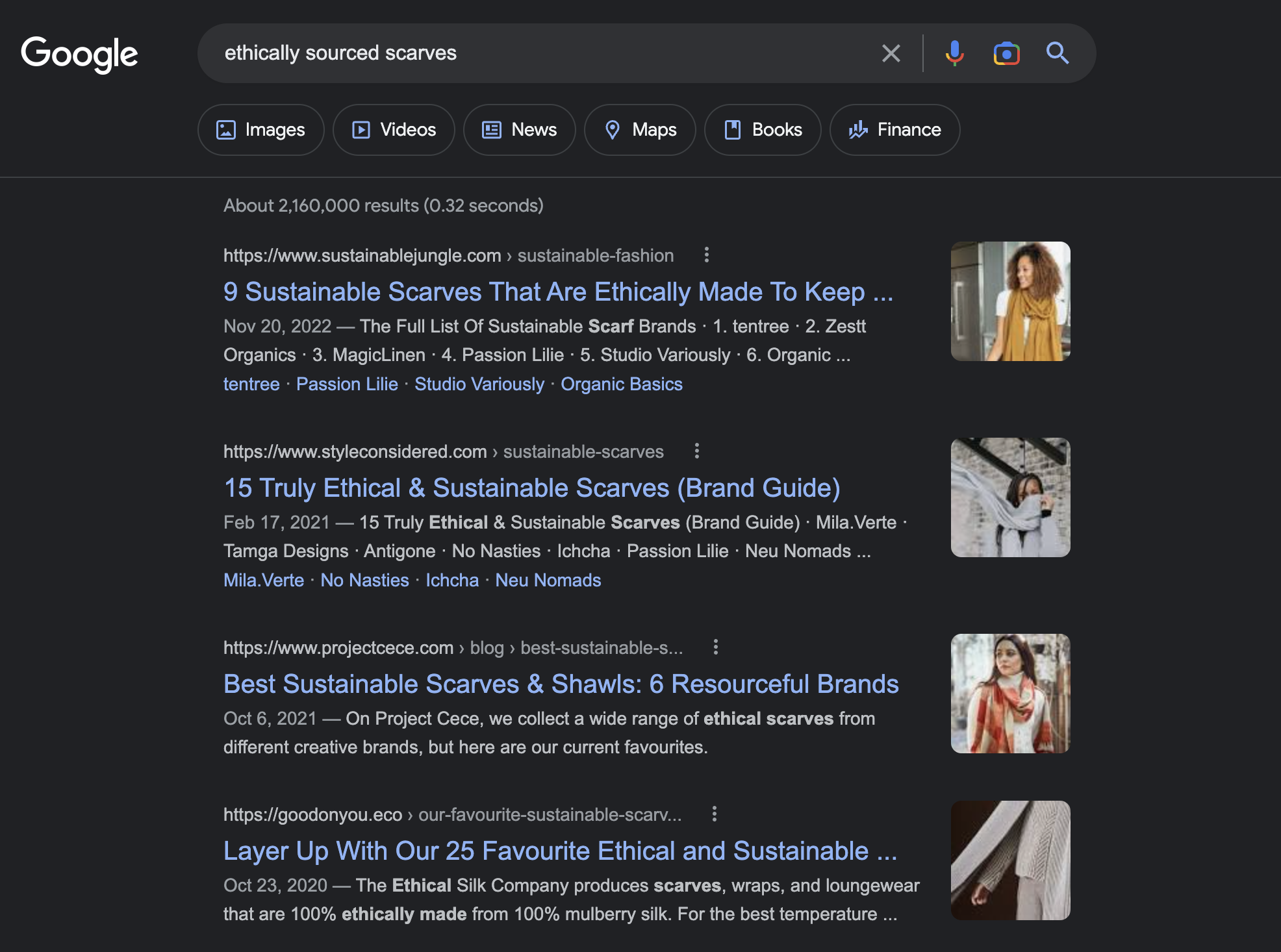
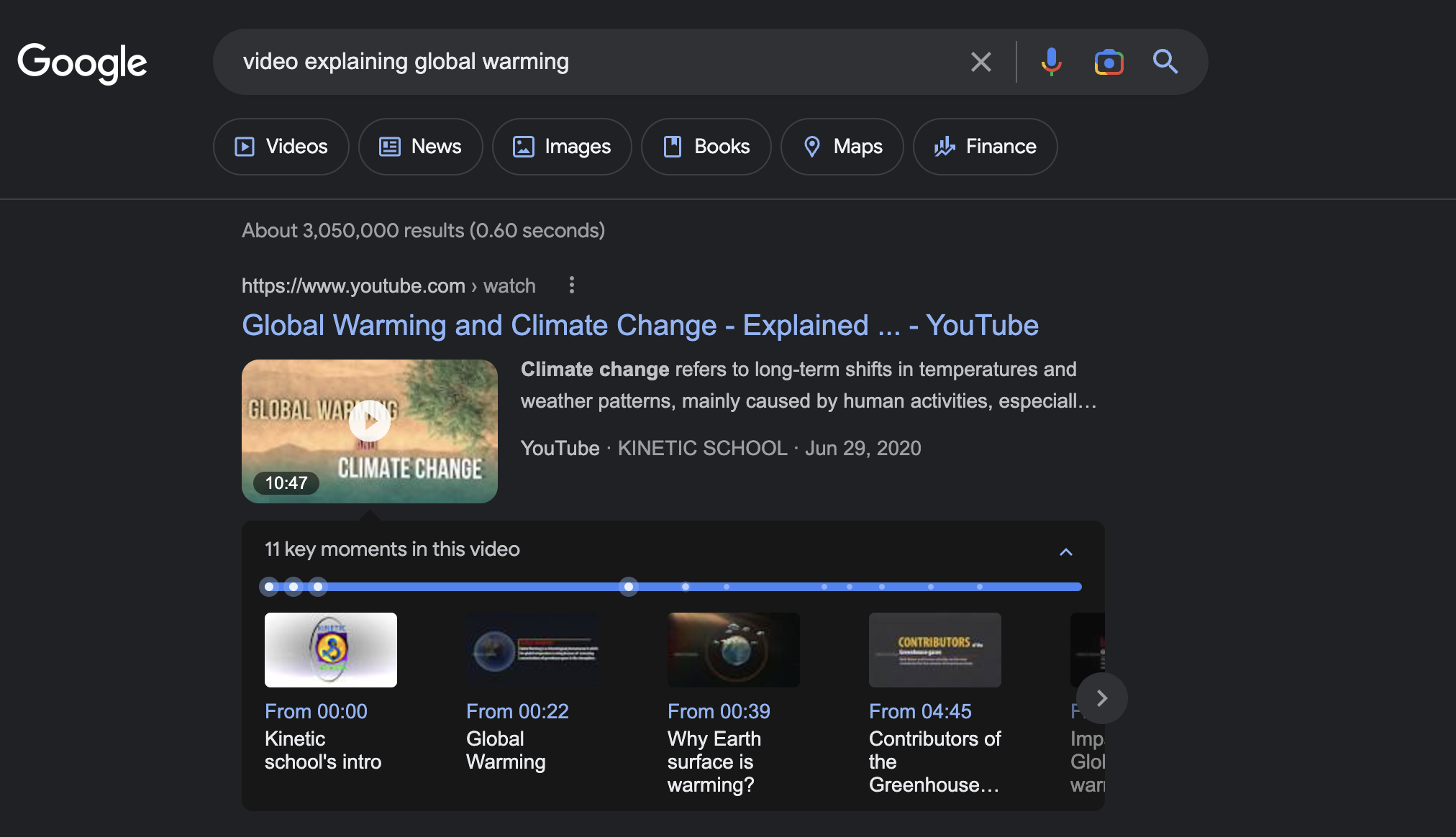

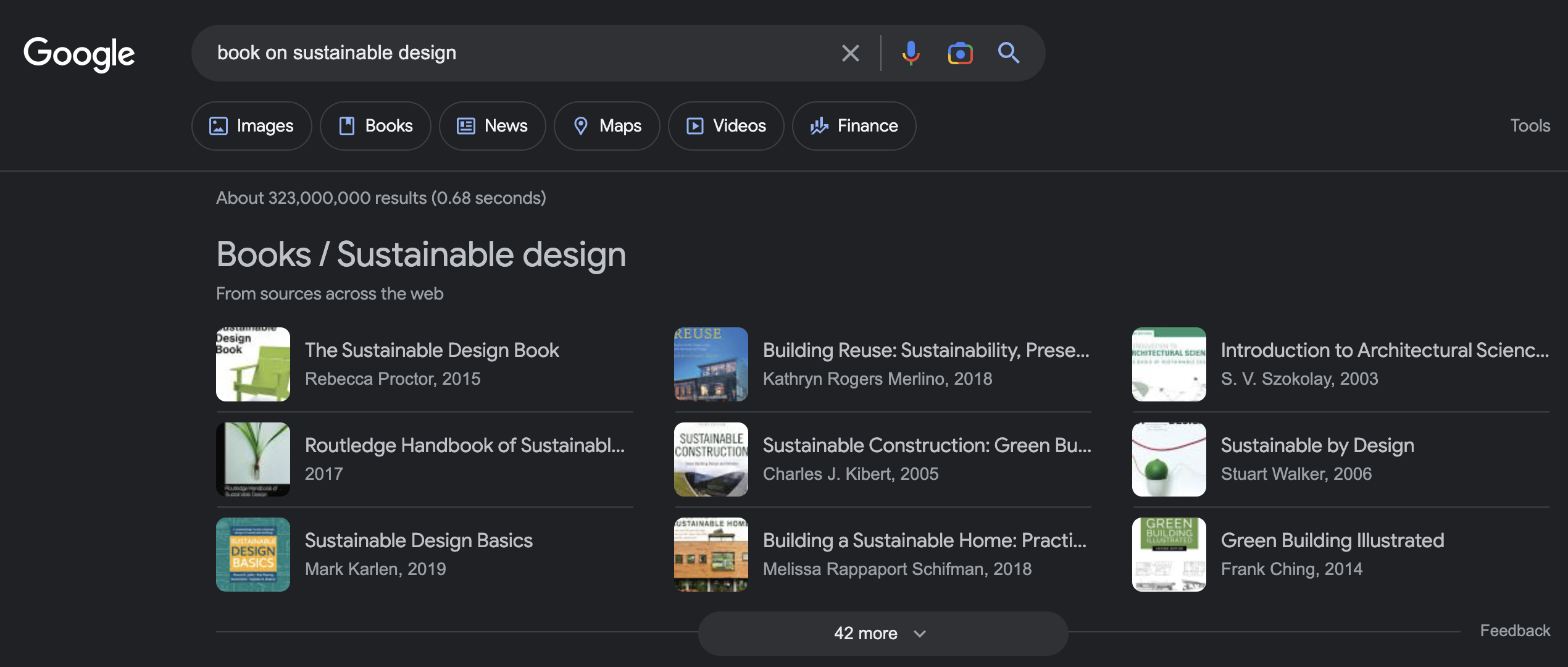
As new types of media arise, like VR, AR, and new forms of audio, they’ll also get incorporated into the SERPs.
The Bottom Line: People are more likely to interact with and click on rich snippets. If your site has rich snippets, you’ll get more visitors. It’s easier to get rich snippets if you have the right metadata.
Like, What Do You Mean… ‘Metadata’?
What am I talking about when I say ‘metadata’?
It’s data about data. Metadata tells a search engine like Google, what your content is and can provide recommendations on how to display it. Here are a few examples:
Content Type: Webpage
- Metadata:
- Publish Date
- Page Type
- Preferred Title to be displayed in search results
- Short Description
Content Type: Video
- Metadata
- Video Title
- Short Description
- Length
- Key Points
Metadata is specific for all different types of media.
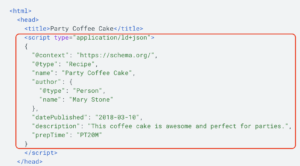
This example of metadata (aka structured data) gives search engines information about a webpage for a recipe. This data isn’t displayed on the webpage; it’s only visible to the search engines.
Although the example above shows an example of the metadata code that would be implemented, in most cases you don’t need any coding knowledge to add metadata to a page.
If you’re on a CMS there’s most likely a feature that allows you to add metadata by filling in a few fields of a form. WordPress has several plugins that help you do just this, and even automate most of it.
Meta Beyond Google
Metadata is not just limited to search engines. Some websites like Facebook use their own structure for understanding what other Pages have on them and how they should be displayed. For example Facebook has the OG (open graph) metadata structure.
Here’s an example of a Facebook post that is properly formatted because the webpage shared via a link had the right OG metadata.

If the webpage being shared on Facebook doesn’t have the right OG tags, it likely won’t display properly. This can range from having the wrong image display (not showing the featured image), not pulling in the right short summary snippet, or even not being able to display anything apart from the URL.
Here’s what the metadata in OG format looks like:

Rules of The Road
Here’s how to benefit from improving your metadata without getting caught in a rabbit hole and losing your mind.
Prioritize
On your first pass, limit the number of pages you seek to update.
I typically start with the most important 5-10 pages of a website, then work my way down our prioritized list. Most websites have only a handful of pages that receive the majority of visitors. Focus on these first, then move on to other pages that have opportunity to improve with better metadata.
Test
After you implement updates, test to make sure it’s working. There are a variety of tools to help you see if your metadata is working properly. Here are a few:
Monitor
Some tools like SEMrush and Moz will show you which keywords are appearing with rich snippets. If you want to evaluate your ROI, you can measure clicks over time as pages start to appear as rich snippets. You can also see if pages lose their rich snippet status, indicating that you need to check and see if something was changed on your page and needs to be fixed or a competitor overtook you (yikes!).
![]()
Here’s an example of a keyword and rich snippet tracking dashboard from SEMrush.
Other Considerations
Know that just because you have the right metadata on your page doesn’t mean you’ll automatically get rich snippets in the search results. It only makes you eligible which increases your chances. If a competitor has rich snippets and you don’t, work on improving your content and raising the authority of your page.
When evaluating opportunity, know that it’s easier to be the first person to achieve a rich snippet for a keyword than it is to overtake a competitor who already has it.
